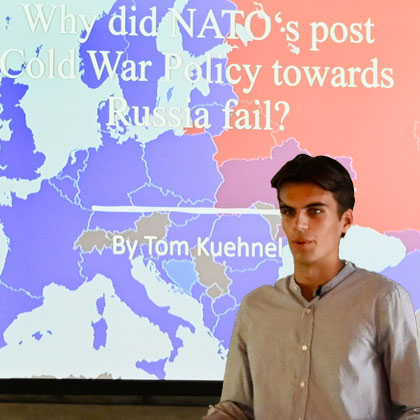Thoughts on the Gaza-Israel Conflict
Thoughts on the Gaza-Israel Conflict
By Gary Hobin
Hamas launched a massive rocket attack on southern Israel on 07 October, with simultaneous assaults by squads of heavily armed fighters. The Hamas-Israeli war had begun.
Conflict between Hamas and Israel in Gaza is not based on religion, although common narrative would have it otherwise. Equally, it is only tangentially based on ethnicity, Arabs versus Jews. It is part of a long-standing struggle, a conflict over who “owns” the land.
Both Palestinian Arabs and Israeli Jews claim ownership of the land of Palestine based on historical narratives. Leaving aside convoluted stories of ethnicity and DNA, archeological evidence suggests the earliest recorded inhabitants were the “Sea People” mentioned in Pharaonic texts as having seized parts of the Mediterranean coast around 1190 BCE. These “Sea People” are likely to have been the original Philistines; “Palestine” derives from Greek: Philistia, “Land of the Philistines.”
Ancient Israelites arrived in the area about the same time and fought the Philistines for control of the land, none too successfully, according to accounts in the Hebrew “Book of Samuel.” The Philistines had iron weapons, the Israelites did not. Likely a good deal of ethnic mixing, not ethnic cleansing, took place. Hebrew narrative holds the land was promised to Abraham and his sons, but “his sons” include both Arab and Jewish descendants.
Zionist settlement in the late 19th century to provide a sovereign Jewish homeland as refuge from European antisemitism, began with purchase of land from absentee Ottoman landlords. From the Ottoman perspective, this was simply a change of landlords. Zionists perceived things differently and many moved to take possession of the land and establish farming communities – the original kibbutz.
No one, it seems, considered interests of Palestinian farmers who occupied the land. European Zionists settlers displaced Palestinian farmers who had worked the land for generations, creating context for continuing conflict.
The Ottomans lost control of Palestine in the aftermath of World War One. The British assumed control under a League of Nations Mandate but were unable to resolve Palestinian-Jewish conflict. Ten years later, Nazi persecution of Jews drove many to seek refuge in the Palestine Mandate, magnifying conflict. Unable to find a solution to the conflict, the British government turned the problem over to the brand-new United Nations. The subsequent UN Partition Plan attempted to create equitable distribution of land; the plan was accepted by Jewish residents as being better than nothing but rejected by Palestinians as taking their lands in favor of foreigners. David Ben Gurion declared Israeli independence in 1947, and the first major Arab Israeli War erupted. The internationally recognized borders of Israel were largely established by the success of Israeli forces’ conquest.
The current Hamas-Israel conflict continues this confrontation, although polling among Gaza Palestinians suggests the majority do not support Hamas’ leadership and would prefer a two-state solution that allows them to live peacefully. The rhetoric from leaders on both sides would seem to make this unlikely. “Who owns the land” remains an open question.

Posted: December 21, 2023 by Simons Center
READ THE LATEST UPDATES FROM THE SIMONS CENTER
"*" indicates required fields


